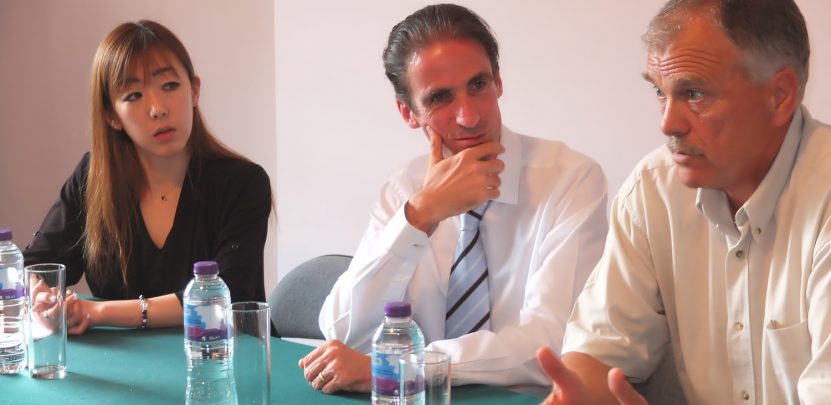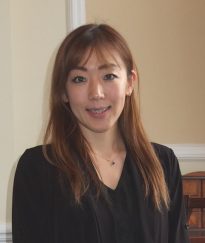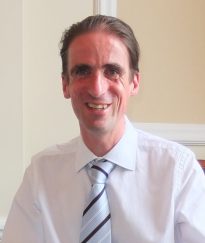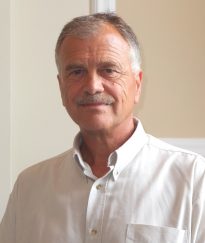 Seminar Series 2017
Seminar Series 2017Monday 17 July 2017
6:00pm – 8:30pm
History and the Tokyo 2020 Games
13/14 Cornwall Terrace, Outer Circle (entrance facing Regent's Park), London NW1 4QP
Organised by the Daiwa Anglo-Japanese Foundation
According to historical records, the first Olympic Games took place in 776 BC at the Sanctuary of Zeus in Olympia, Greece. These ancient competitions reached their zenith in the Fifth Century BC, declining only as the Romans gained power and ordered the destruction of pagan cults, practices and Greek temples. The Games were revived in 1896 in Athens, and since then, the modern Olympic Games have grown from strength to strength to become the pinnacle of modern sporting achievement. The next Games will be held in Tokyo in 2020.
The Olympic Games were closely linked to the religious festivals of the cult of Zeus, but also had a secular significance in demonstrating the outstanding physical qualities of Greek citizens, and spreading Hellenic culture across the Mediterranean. The modern Olympic Games are held in both summer and winter versions, in which thousands of athletes participate from all over the world. Held alongside the Games are the Paralympic Games, which have grown from a small gathering of British WWII veterans in 1948 to become an event on a par in prestige and spectacle with the Olympics themselves.
Join us to discuss the history and the future of the Olympic and Paralympic Games in the lead up to Tokyo 2020. We are delighted to invite Japanese Olympian ice skater Fumie Suguri, and British Paralympic long-distance runner Noel Thatcher to share their experiences with us. Alongside them Dr Vassil Girginov will discuss how both the Games have developed, and their role in modern global society.
About the contributors

Fumie Suguri
Fumie Suguri was a prominent Japanese competitive figure skater between 1998 and 2009. She is a four time Japanese National Champion, 5th in the 2002 Winter Olympics and 4th in the 2006 Winter Olympics, 2nd in the World Championship (2006), a three-time Four Continents Champion and the 2003 Grand Prix Final Champion. Fumie also won four medals at the Asian Games and earned an incredible twelve medals on the senior Grand Prix circuit.

Noel Thatcher MBE
Noel Thatcher MBE is a British Paralympic runner who represented the United Kingdom at six Paralympic Games between 1984 and 2004, collecting a total of five gold medals. He was awarded an MBE by the Queen in the 1997 New Year’s Honours list for his services to athletics for disabled people. Noel has won 42 International Gold medals over six distances and has set ten Paralympic World Records through his time in competition. He was selected to carry the Union flag in the Opening Ceremony in Athens 2004. Noel ran his last International in 2005 “taking a lazy bronze in the European 10,000m”. Noel studied Japanese at SOAS, University of London, and is a fluent Japanese speaker; he came third in the annual Sir Peter Parker Business Japanese Speech Contest. He currently works with the Japan Foundation and Japan Sports Council in a voluntary capacity to promote Japanese language, culture and sport.

Dr Vassil Girginov
Dr Vassil Girginov is Reader in Sport Management/Development at Brunel University London. Previously he has worked as advisor to the Chairman of the Bulgarian Sports Union, on the Sofia bids for the Winter Olympic Games and in higher education institutions in Bulgaria and Canada. He has been researching the sports development legacy of the 2012 London Olympic Games and the relationship between the culture of national sports governing bodies and participation in sport. His research interests, publications and industry experience are in the field of Olympic movement, sport development, comparative management and policy analysis. His most recent books include Sport Management Cultures (Routledge, 2011), The Olympics: A Critical Reader (Routledge, 2010), Management of Sports Development, (Elsevier, 2008), The Olympic Games Explained (Routledge, 2005, the book has been translated in 5 languages), Handbook of the London 2012 Olympic & Paralympic Games (Vol. 1 & 2 – 2012-3) and a four volume collection Olympic Studies (Routledge, 2015).